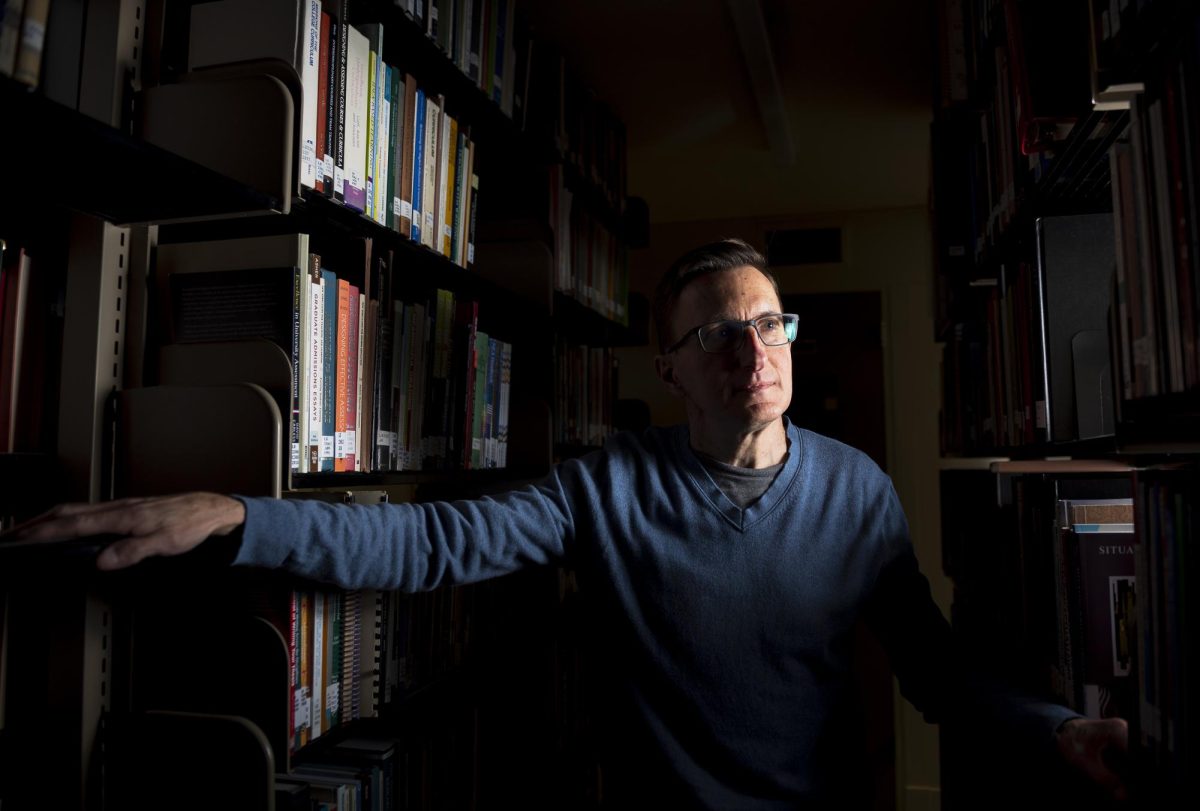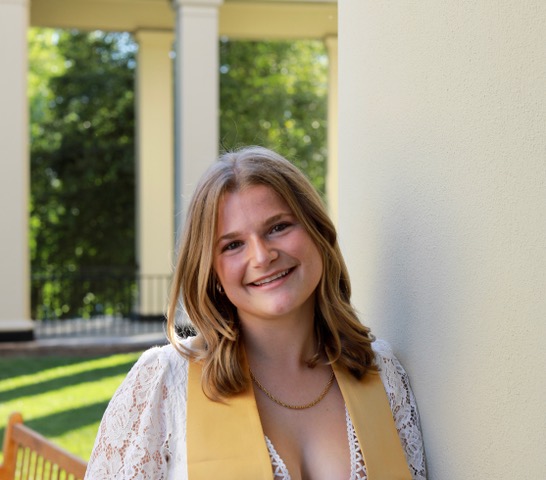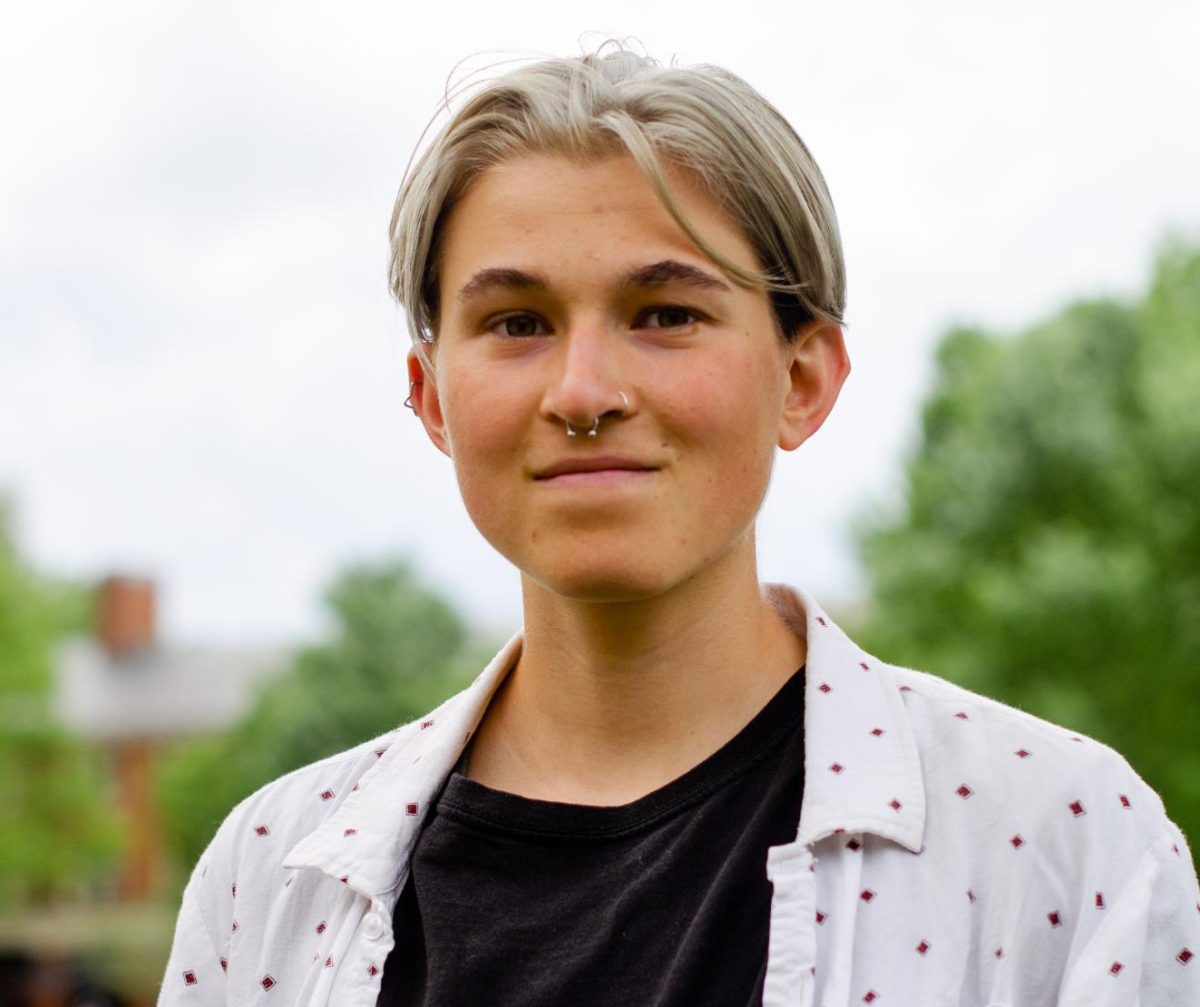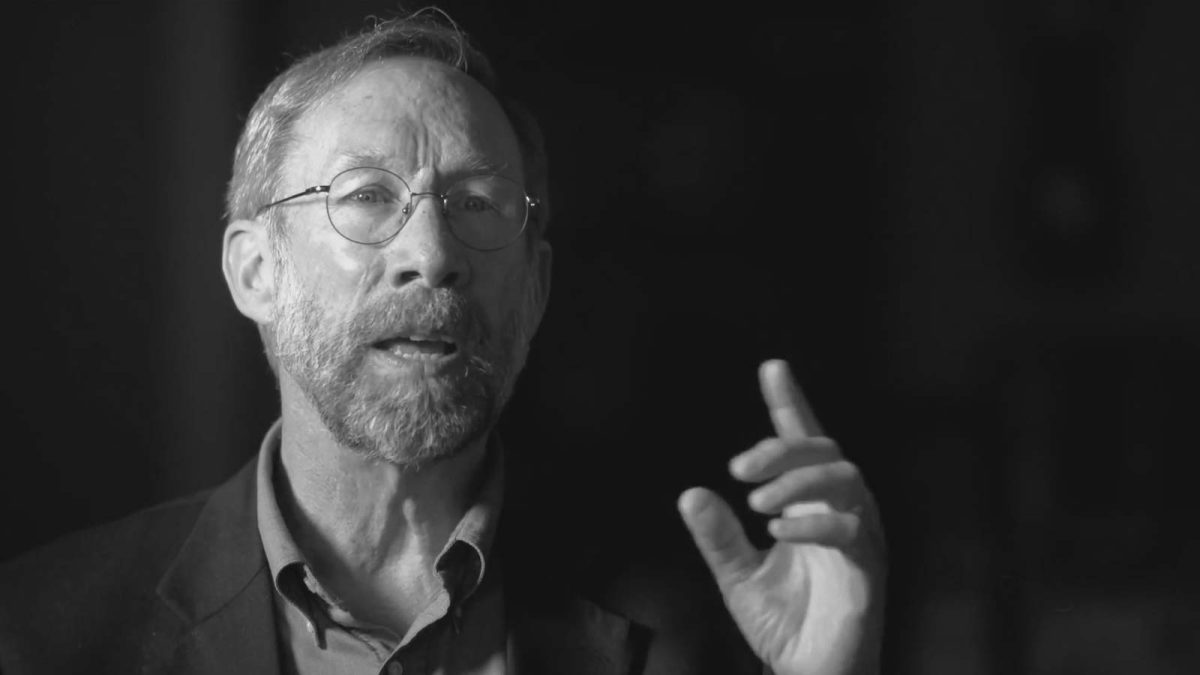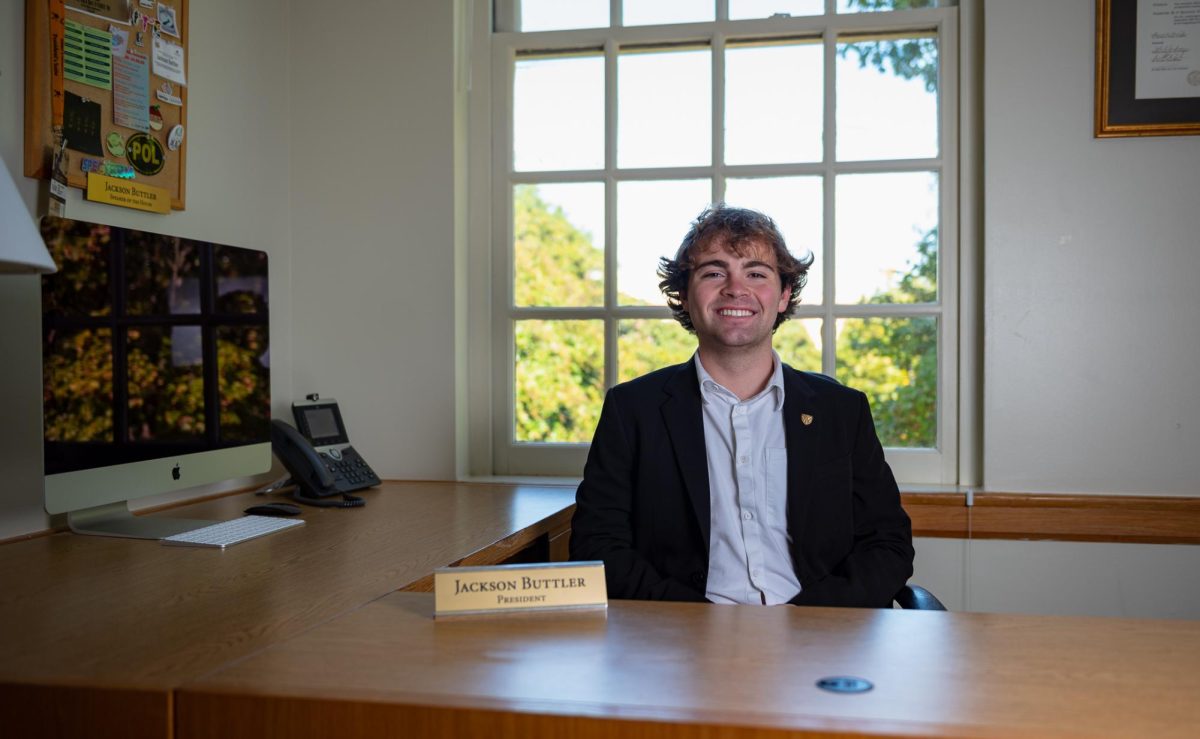Wubetu Shimelash was a young Ethiopian boy, oblivious of the developed world in which he lived, yet full of ambitious ideas that would change the course of his life and that of his native community, forever.
As a young shepherd in the Simien mountains at the age of six, Shimelash would construct grass shoes to trade in order to provide for his parents and eight siblings.
Little did he know that another entrepreneur interested in shoes, Tom’s Shoes founder Blake Mycoskie, would see this potential in him and give him the opportunity to become the aspiring filmmaker and businessman he is today, as a sophomore at Wake Forest.
Today at the age of 22, you have already created multiple companies and short films, and you continue to pursue documenting the Ethiopian culture. What sparked your interest in photography and film?
When I arrived at the Scattergood Friends School in Iowa, there were only 12 kids in my class. This was perfect for me because they focused on practical experiences. We had required daily activities that were related to what I was used to doing in Ethiopia as a child.
Instead of studying biology in a classroom, I would interact with the animals on our campus in order to learn about animal behavior. I started taking pictures of the animals and that’s when I got into photography and film.
You created a touring company called Simien Eco Trek. Does your business partner in Ethiopia work with you on film as well?
Yes, when I went back to Ethiopia to film, Muller was my videographer for my film on coffee. I couldn’t afford to have a professional, so I trained him for the times when I had to be in front of the camera.
Before discussing your film The Power of Ethiopian Coffee, could you give me a bit more insight as to what the coffee ceremony represents for Ethiopians?
For Ethiopians, coffee is not just a drink, but a time where they come together to talk about the most important things: economy, politics and all aspects of their lives. Everybody has a role in the ceremony. The men work together to make farming tools, the women weave and make the coffee and the children are in charge of announcing the ceremony to the neighbors.
What was your role in the coffee ceremony growing up?
Before becoming a shepherd for my family, I would announce the coffee ceremony with my best friend Muller, who is now my business partner.
In the trailer for your film that you plan to release in April, you say that you don’t even drink coffee yourself, so where does your interest of sharing the coffee ceremony come from?
You look out there and you see so many people that drink coffee every day. But they don’t even take five minutes to enjoy other’s company when they are lined up at Starbucks. In Ethiopia they spend nine hours of the day preparing for the coffee ceremony.
There are so many more values that we can add into our daily lives. The point of the film is to educate others on the value of the community, the value of the coffee ceremony and the background of where coffee actually comes from.
What a great point. The first thing I do every morning is pop a K-Cup in the Keurig, but I can’t say I’ve taken the time to wonder about its roots. Where does coffee originate from?
It originally came from the Kaffa Province in Ethiopia, and that’s where the name coffee comes from.
When I went back to Ethiopia, I had the opportunity to travel to Kaffa to work on my film. Seeing the beauty there confirmed my interests in making my own business, the touring company.
How do you think your audience will react to seeing this film?
People are going to ask why I wanted to make this and what the key is. I will point out that while this film visually presents Ethiopia on a screen, they can also go and physically experience what they have just seen, by touring with my company.
The film is an advertisement for what you wish to achieve with your company?
Yes, it will be a great strategy for advertisement because I will be able to share information about my touring company as we travel to screen the film in April.
I will tell people that they could have the opportunity to go and experience this in real life. As a reward at the end of the trip, the tourists will go and experience the three-hour long coffee ceremony at my parents’ house.
That’s a very generous offer to open up your home to strangers; what effect do you think that will have for your company?
It will be culturally impressive for tourists and a great strategy, because they will take pictures and post them to social media. All we will have to do is come up with a hashtag for our company and it will get plenty of attention.
That being said, what development do you think the company will have on the community?
Just because I had to walk five hours to get to school every day, doesn’t mean the next generation will have to go that far looking for an education.
The goal of my company is to give some percentage of profits to the community and to expand classrooms beyond the city, so that children like my own brother can go to school and get an education.









